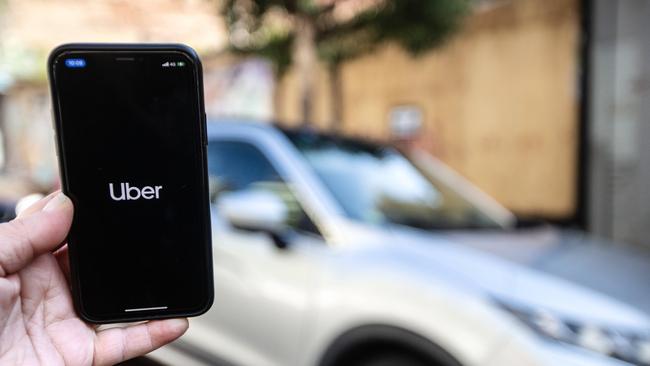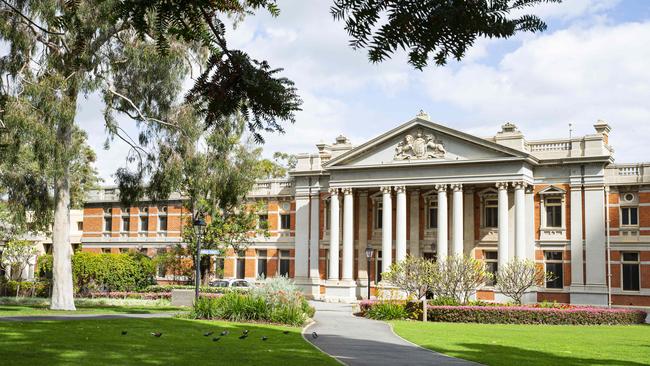Supreme Court overturns prison sentence for ‘selfish’ man who breached self-quarantine to ‘see a girl’
A man has learnt his final punishment after he breached self-quarantine by ordering an Uber to go and ‘see a girl’.

A “selfish” young man who breached self-quarantine to “see a girl” has had his prison sentence overturned following an appeal.
The 20-year-old Perth man, who cannot be named, visited Victoria in December last year, but two days after he returned home, Western Australia imposed new restrictions that forced him to retrospectively quarantine for two weeks.
He was isolating at an Ardross home when he left the property in an Uber vehicle on day 13 to visit a female friend.
After police visited the property and found he was not there, the man was contacted by a family member. He rushed home, then admitted to police that he had breached the quarantine orders.

The man, who was not represented in court by a lawyer, pleaded guilty to one count of failing to comply with a direction.
A magistrate in March described the man as “very selfish” and sentenced him to seven months in prison, with two months to be served immediately and five months suspended for a period of one year.
But he only spent two days behind bars before being granted bail to take his case to the West Australian Supreme Court — this time with a lawyer.
They argued the sentence was excessive, and the magistrate failed to warn the man he was facing a possible jail term and might want to get legal advice.
Justice Paul Tottle agreed and re-sentenced the man in April to a six-month community-based order and 60 hours of community service.
He also granted the young man a spent conviction given he had chosen a career as a commercial airline pilot.

Justice Tottle this week published his detailed reasons for allowing the appeal.
“It may be inferred from the appellant’s attempt to plead guilty by post and by his attendance at court without representation or support, that he had no appreciation that he was likely to be sentenced to a term of imprisonment,” Justice Tottle said.
“When he was sentenced, there were only a very limited number of examples of other people being convicted and sentenced for similar offences.
“I am satisfied that the situation in which the appellant found himself was not one in which he had an appreciation either of the seriousness with which the court regarded his offending or the possibility that he would be sentenced to a term of imprisonment.”
Justice Tottle accepted the man was remorseful and was of prior good character.
“The seriousness of the offending, when considered in the context of a global pandemic, was significant, and it was aggravated by the selfish nature of the appellant’s behaviour and the risk that he created for the community,” he said.
“This was a situation where the requirement for general deterrence was a very significant factor.
“That being so, it will seldom be the case that imprisonment will not be considered as a potential sentencing disposition.”
The maximum sentence for the offence is 12 months imprisonment or a $50,000 fine.

